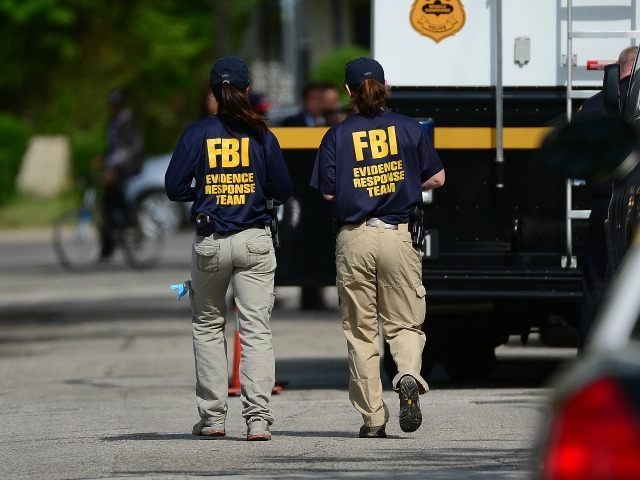It was a bombshell development last month when FBI Director James Comey estimated his agency was running over 900 active investigations against suspected ISIS operatives in the United States. On Friday, Fox News reported that at least 48 of those suspects are so high-risk that the FBI has deployed its elite Mobile Surveillance Teams to keep track of them.
Although the FBI declined to comment directly on her story, Catherine Herridge of Fox News believes Comey was alluding to these MST operations when he said last week that “dozens” of suspected radicals were under “tight surveillance.” Herridge cites the interception of intrepid cop-killer Usaama Rahim, confronted and killed in Massachusetts last June on the verge of carrying out his terrorist plot, as an example of such surveillance in action.
The most disturbing detail of MST surveillance, as noted by Senator Dan Coats (R-IN) of the Select Committee on Intelligence, is that operations of this type are very labor-intensive, involving at least a dozen FBI agents per suspect.
“The FBI together with law enforcement agencies across the country are engaged in this. It takes enormous amount of manpower to do this on a 24-7 basis. It takes enormous amount of money to do this,” said Senator Coats.
Another troubling point: the Mobile Surveillance Team program was investigated for charges of “nepotism and favoritism” last March by Senator Chuck Grassley (R-IA) of the Judiciary Committee.
Grassley asked the Justice Department’s Inspector General to look into “improper personnel decisions” by MST officials, who “allegedly promoted unqualified staff based on personal connections.” For example, whistleblowers alleged that one female FBI employee had an affair with her unit chief, and was subsequently permitted to take taxpayer-funded flying lessons, which had no discernible connection to her job duties. She was also allegedly given a plum appointment in a “coveted MST position in the Richmond office,” passing over an employee with more experience in that capacity.
Also in March, the Washington Times reported FBI memos showed “at least three younger relatives of high-ranking bureau supervisors have landed jobs on the elite surveillance teams in recent years, with two fast-tracked to full special agent status.” Also, FBI offices with a demonstrable need for more MST agents were allegedly passed over in favor of “more politically-connected offices that ranked lower.”
The whistleblowers also complained of improper funding practices, and retaliation against themselves. Grassley followed up with Director Comey about allegations of whistleblower retaliation as recently as last month.
These stories combine to paint a picture of resources stretched very thin, and a crucial surveillance program under a great deal of stress. Perhaps it’s not a good idea to bring in thousands of refugees from a terrorist-infested civil war who might need the kind of surveillance our domestic law-enforcement agencies are already hard-pressed to maintain.

COMMENTS
Please let us know if you're having issues with commenting.